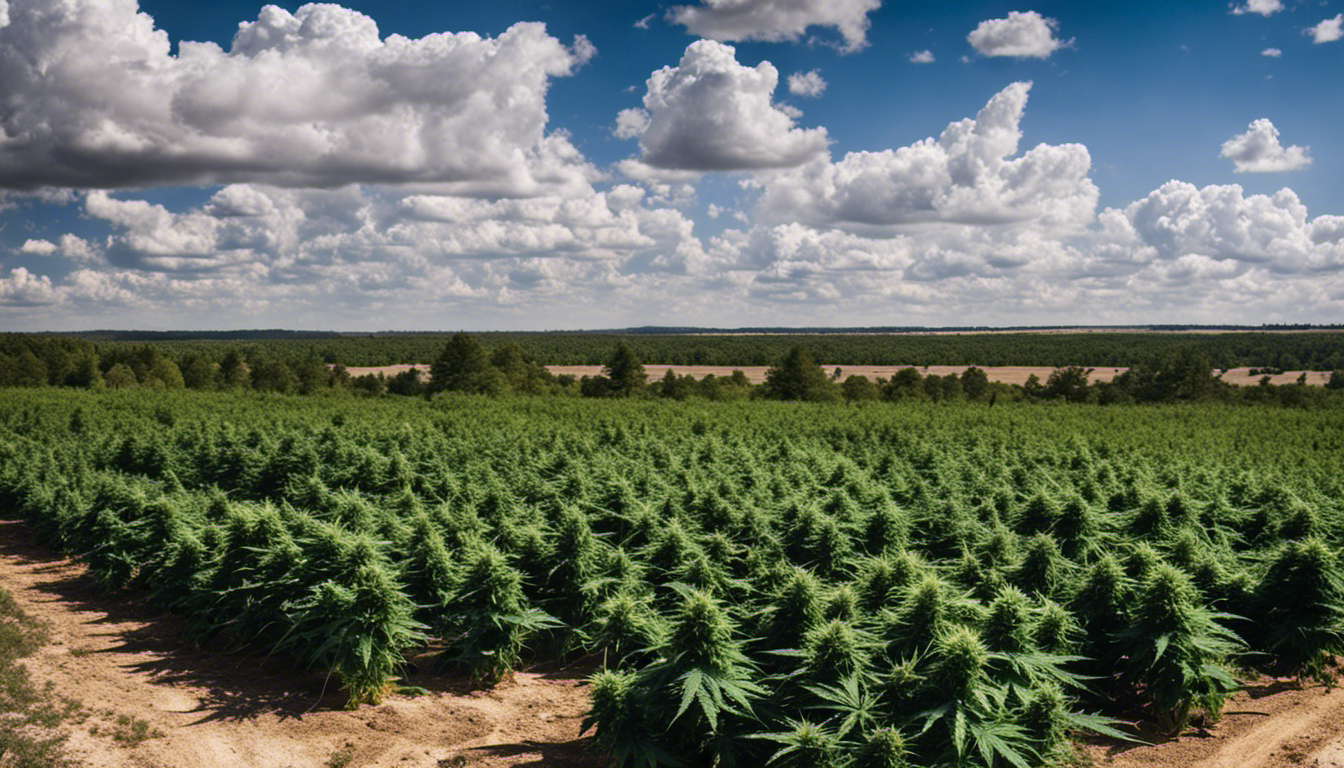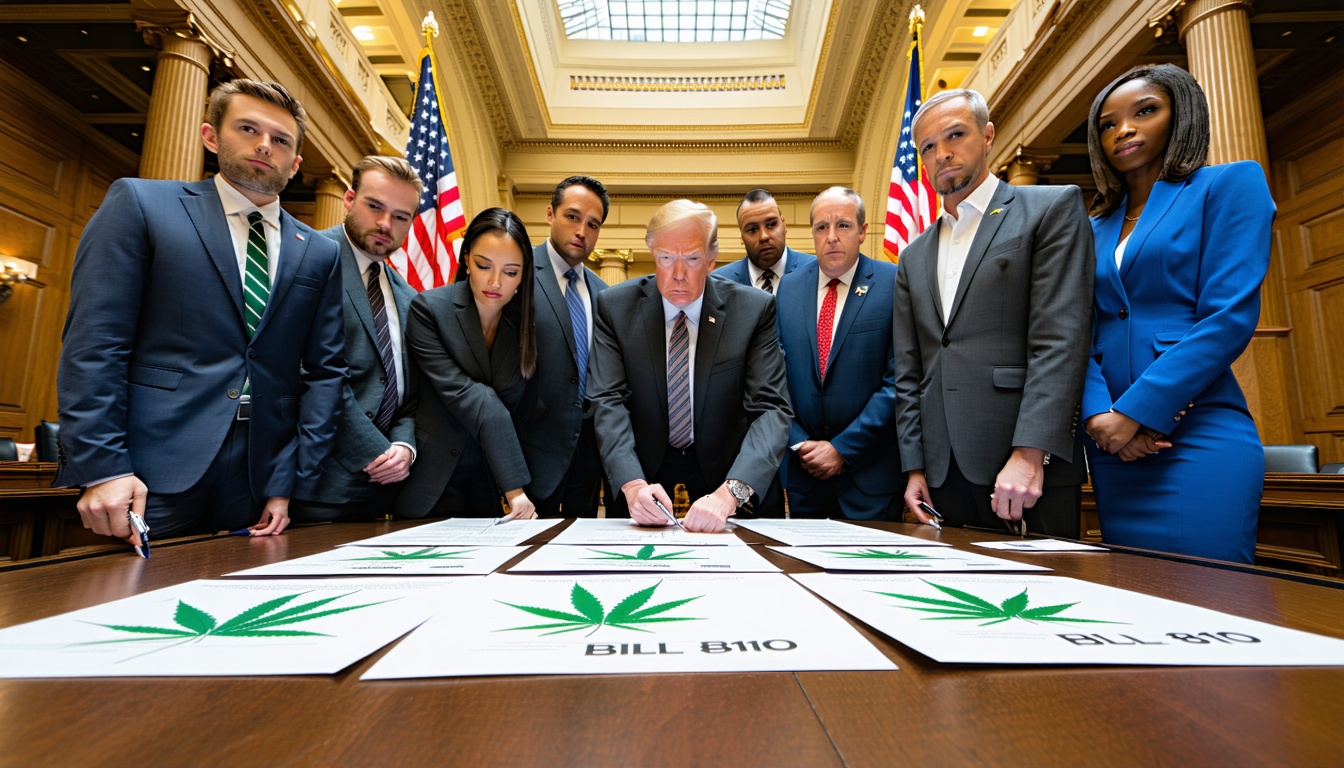The Texas medical marijuana industry is facing a crisis as the state’s hemp industry grows in popularity, with many patients opting for unregulated hemp products over the state’s strict medical marijuana program. The Compassionate Use Program, which allows patients to access cannabis oil with less than 1% THC, has only 12,000 active participants out of nearly 45,000 registered patients.
Meanwhile, the hemp industry has exploded, with over 7,000 registered consumable hemp retail spots across the state selling products containing delta-8 and delta-9, which are legal to buy and sell. These products have an annual economic impact of $8 billion in Texas.
Medical marijuana providers are calling for stricter regulations on the hemp industry, citing concerns over the lack of testing and regulation of these products. They argue that the state’s medical marijuana program is being outcompeted by the hemp industry, which is operating with little oversight.
Some lawmakers are pushing for a ban on delta-8 and delta-9 products, while others are advocating for stricter regulations. The Texas Department of State Health Services has filed a case with the state’s Supreme Court to classify delta-8 as an illegal substance.
Patients and advocates are also calling for changes to the Compassionate Use Program, which they say is too restrictive and expensive. They argue that the program should be expanded to include more conditions and allow for more products to be available.
The debate is set to continue in the upcoming legislative session, with lawmakers considering proposals to ban or regulate delta-8 and delta-9 products, as well as to expand the Compassionate Use Program.
In the meantime, patients like Jack Stinnett, who uses medical marijuana to manage his nerve pain, are speaking out about the importance of access to safe and regulated cannabis products. “It helped with my appetite and sleep,” he said. “This Compassionate Care Act, in my opinion, helps like no other. We just need politicians to get out of the way.”












